
Australia is the world's smallest continent and one of the world's largest countries, situated in the Southern Hemisphere between the Pacific and Indian oceans. Canberra, Australia's capital, is situated between Sydney and Melbourne's larger and more important economic and cultural cities in the southeast. "The Oldest Continent," "The Last of Lands," and "The Last Frontier" have all been used to describe Australia.
Every year, about 9 million people visit Australia. Despite the fact that all foreign people must obtain an Australia visa before entering the country, and most of them must travel considerable distances to get there, Australia remains one of the world's most popular tourist destinations.
The Great Barrier Reef, as well as isolated locations in the North and West, are popular with international visitors.
Australia visa
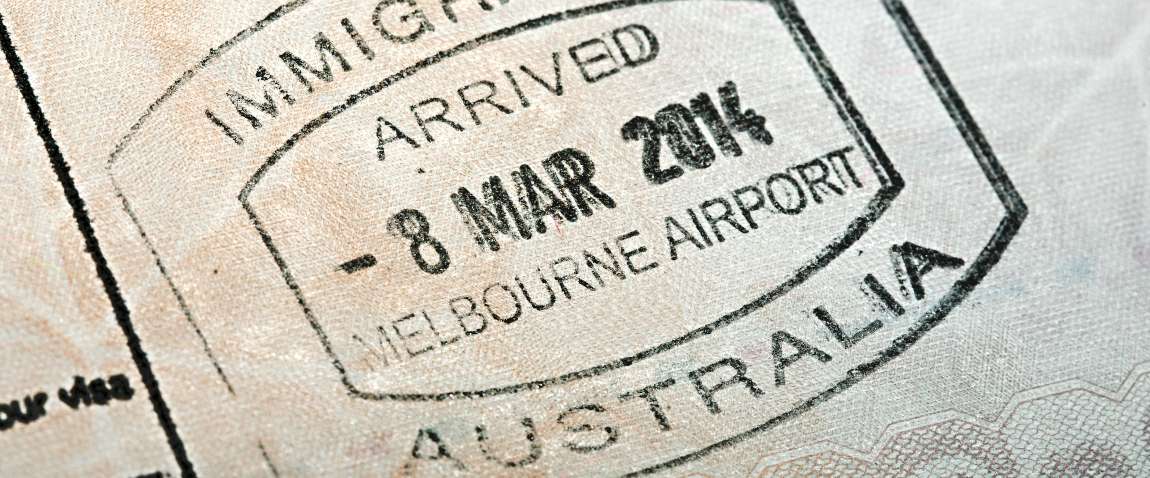
If you want to travel to Australia, you must get an Australia visa. There are several sorts of Australia visas available to visitors to Australia: Electronic Travel Authority Visa, eVisitor, and Visitor visa.
The duration of your stay, your passport, and the purpose of your travel all influence which Australia visa you should apply for. You must also meet certain financial and medical conditions, be outside of Australia at the time of application, and maintain health insurance throughout your stay.
If you would like to get more information about Australia visa policy, you can check our website's "Services" section by clicking your destination.
Travel to Australia
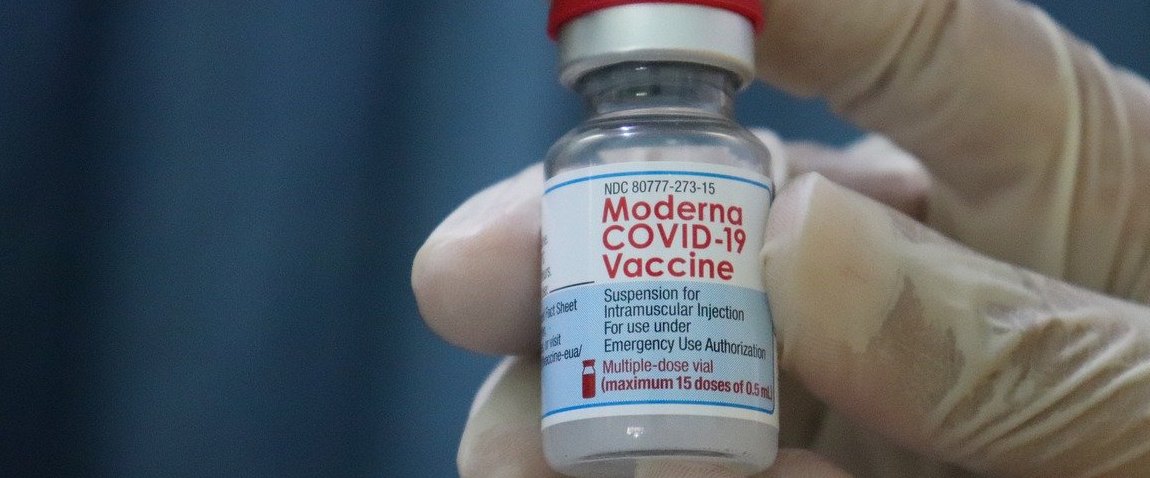
If you are:
- An Australian citizen,
- You are an Australian permanent resident,
- You fall into one of the exempt categories; you can travel to Australia.
To enter the country, temporary visa holders must ask for an exception. The Department of Home Affairs manages immigration into Australia.
Unless you have an exemption from quarantine or are fully vaccinated and traveling in a state or territory that has relaxed quarantine requirements for vaccinated travelers, you must quarantine for 14 days upon the arrival.
You'll be obliged to quarantine at a designated facility in the city where you initially arrive. Quarantine rules do not alter if you have a negative COVID-19 test before boarding your flight.
- You do not need to make a reservation for quarantine. When you arrive in Australia, you will be assigned a room.
- You may be required to pay for your quarantine.
- You can't travel within the United States until you've fulfilled the statutory 14-day quarantine period
- During your quarantine, you may be tested for COVID-19. If you refuse to be tested, you may be forced to spend more time in quarantine.
What to bring to Australia?
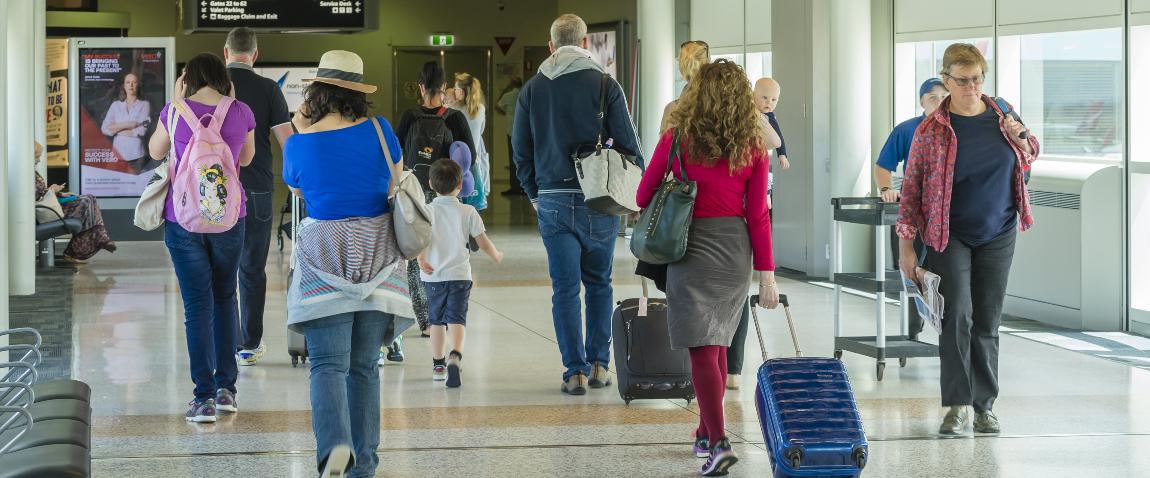
If you would like to travel to Australia, surely, you wonder about what to bring to Australia, or not. This article will be your travel guide, so please continue to read.
Things to pack when traveling are divided into two parts:
- Things to bring to Australia
- Things not to bring to Australia
Things to bring to Australia:
Universal Waterproof Phone Case
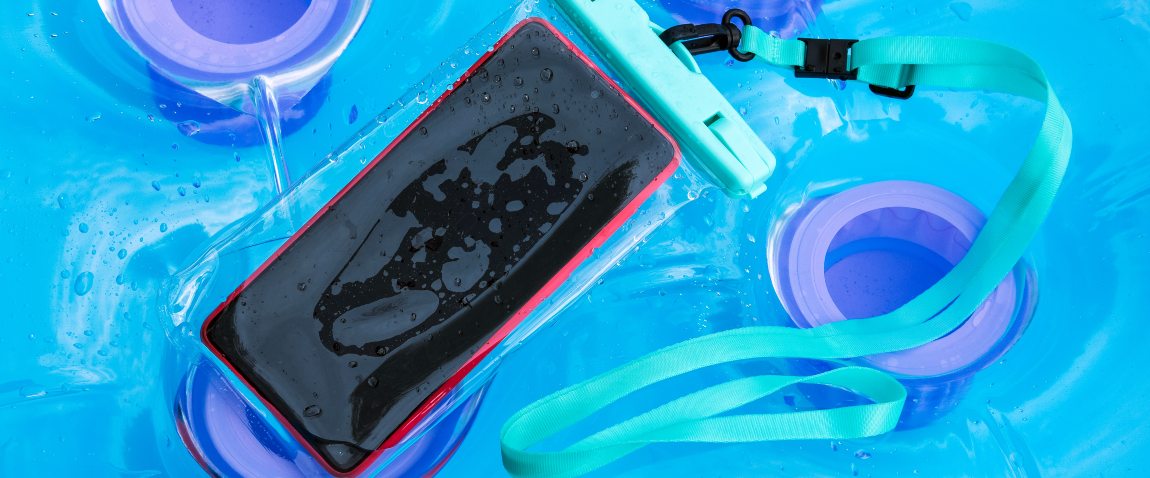
There's a reason this item is at the top of the list of things to pack for a trip to Australia. This universal-fit cover protects your phone from dirt, dust, water, scratches, and some impacts while allowing full usage of your smartphone, including the camera, even underwater! At the Great Barrier Reef, it's ideal for an underwater selfie.
Australian Power Adapter
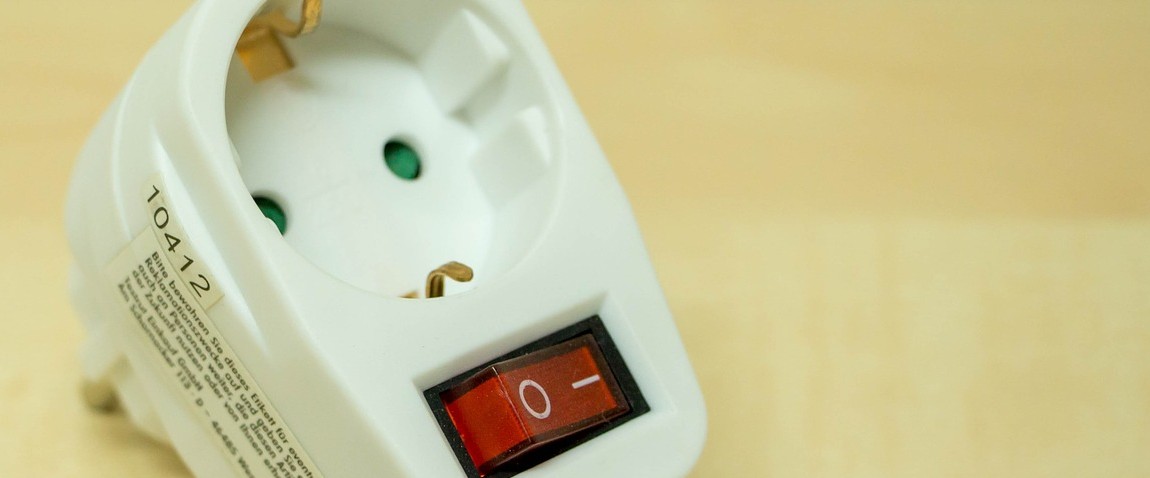
Because the Australian Type I power outlet is one of the least common in the world, you'll need to pack a power adaptor if you want to keep your electronics charged. It is one of the things people forget to pack, but it is a must. Bringing a universal power adapter with USB ports and built-in fuse protection is a good idea. This adapter is compatible with nearly every country on the planet.
Travel Insurance for Australia

This one is one of the things people forget to pack. Any seasoned traveler will tell you that it's better to be safe than sorry when it comes to travel insurance. Most plans cover theft, medical emergencies, and other risks, and they're not that expensive — it's a small sum to pay for the peace of mind you'll have while on your vacation. I, along with many other well-traveled individuals, heartily suggest World Nomads.
Neck Wallet
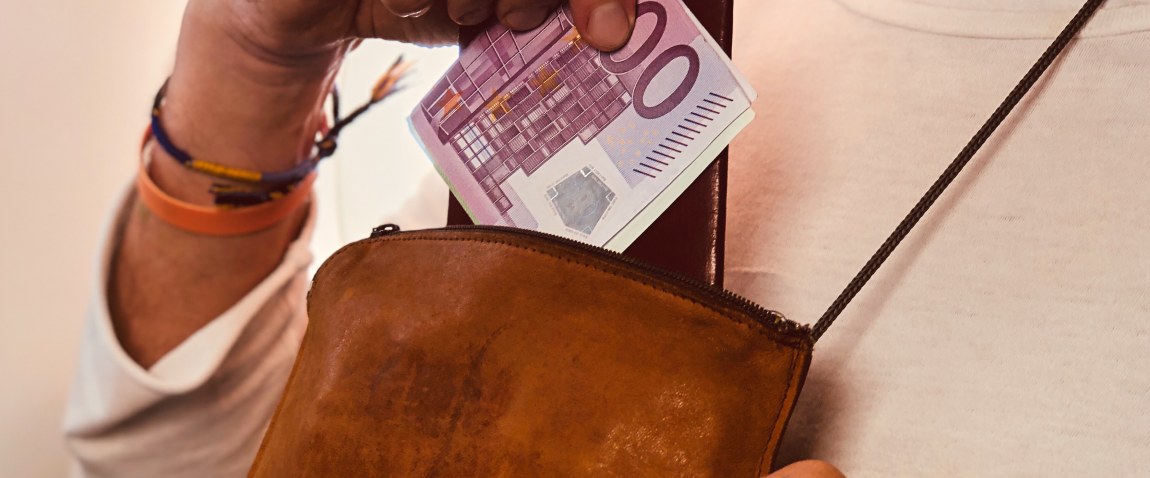
The list of things to pack when traveling includes neck wallets which are a must. Pickpockets are well-known in Australian cities such as Sydney and Melbourne. Using a neck wallet like the one illustrated can help you from becoming the next victim. This pouch safely contains your passport, credit cards, cash, and travel tickets, among other items, so they may be hidden beneath your clothes. When you're a sleepy traveler stepping off the aircraft in a new location, the back of your head is a target for thieves, but a neck wallet is nearly impossible to steal from.
Quick Dry Travel Towel
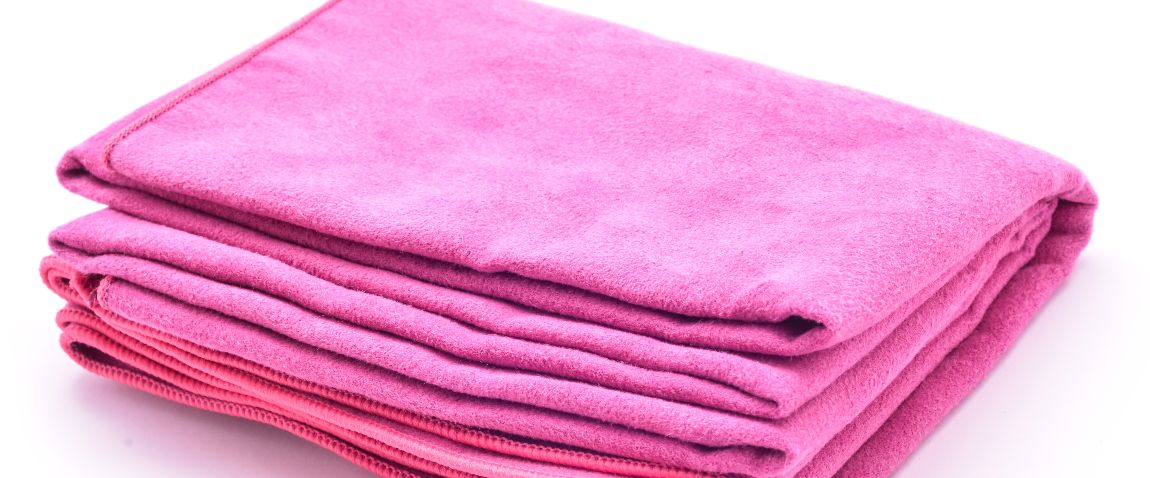
Things to pack for a trip include a quick-dry travel towel. You'll need a towel anywhere there's water, and this one is absorbent, quick-drying, and compact. It's also useful to have if the hostel or hotel you're staying in doesn't provide properly clean towels or even towels at all!
Bottle opener
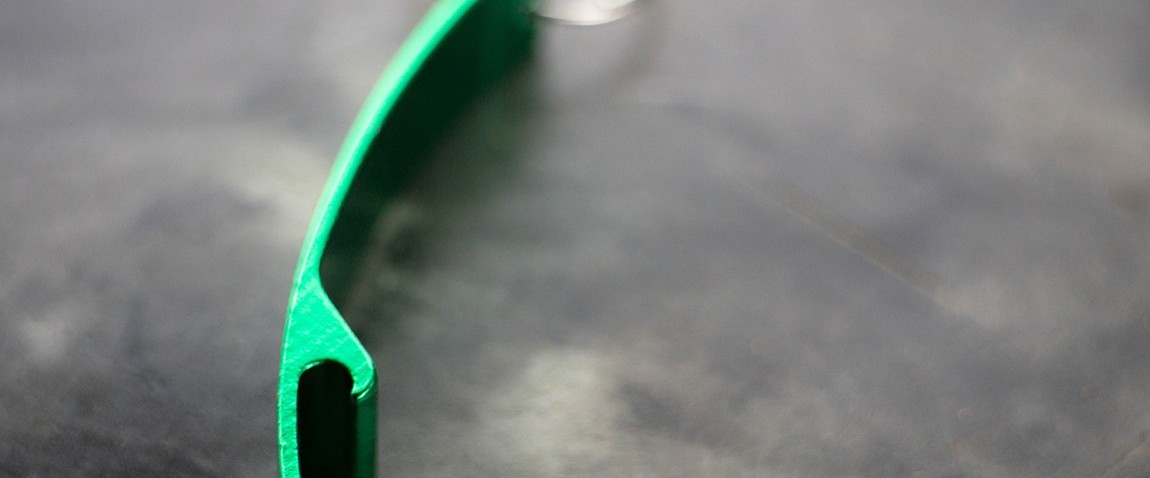
This one is exactly one of the fun things to pack for a road trip. However, you know it's never a bad time to crack a cold one…
Earplugs
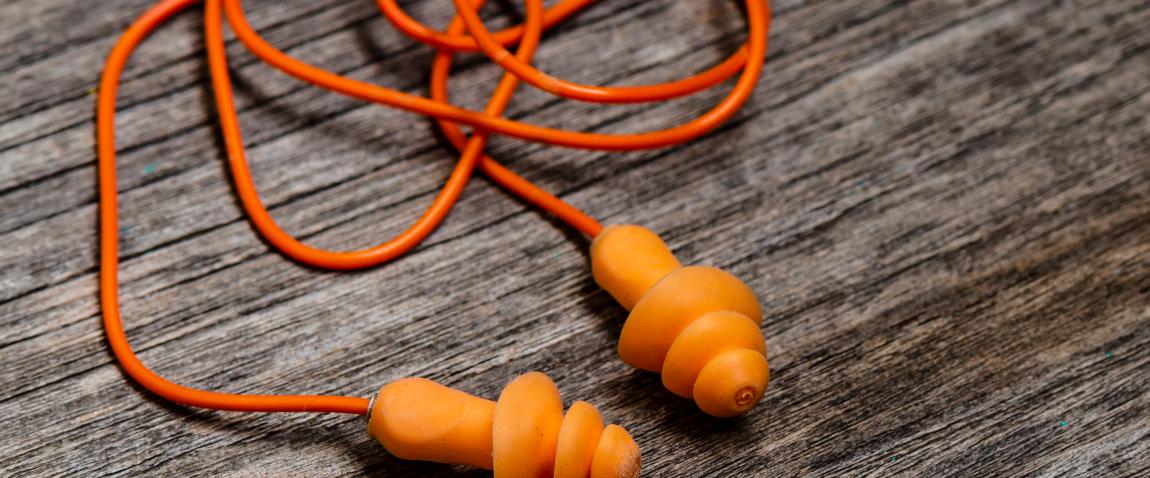
Another one... One of the fun things to pack for a road trip.. Because sometimes you need to block out the haters..
Things not to bring to Australia
Food
Food goods carried into Australia by plane must be declared on Incoming Passenger Cards. Some of the food you're carrying with you may need to be inspected by biosecurity officers.
While it is permissible to bring coffee, biscuits, bread, cake, chocolate, maple syrup, and oil, tea, spices, pickles, rice, nuts, and dairy goods must be declared.
Medicines

Personal medications are permitted. However, a letter or copy of the doctor's prescription (written in English) must be carried in order to attest that the medicine was prescribed to treat a medical condition and that the medicine's quantity is limited to three months' supply.
The Australian Border Force (ABF) says, "Leave your medicine in its original packaging and disclose it to the Australian Border Force when you reach."
Plant, flowers, and seeds
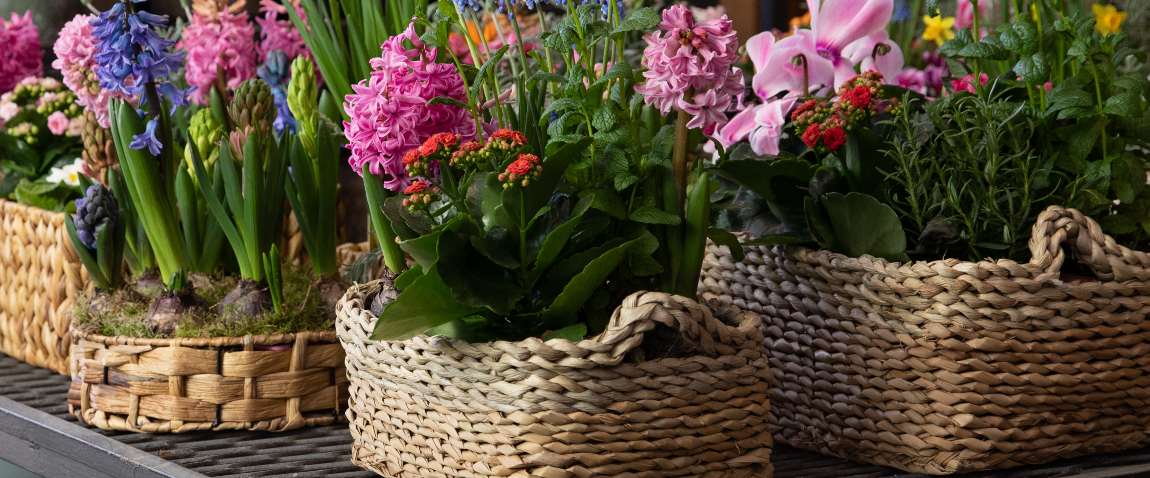
There are no live plants allowed.
The ABF recommends that "most live plants must not be brought into Australia unless the importer has a required import permit from the Department of Agriculture and Water Resources."
If someone is carrying seeds, they must declare it.
Seasonal or festive items

Many migrants bring particular things to Australia for Indian festivities, such as Diwali, Rakhi, and Lohri. "Declare everything you're bringing or shipping so that it can be scrutinized by our officials at the border," the ABF firmly urges.
Fresh fruits, flowers, dried fruit, nuts, and Indian sweets such as burfi, ras malai, rasgulla, and pedals are not permitted, according to the ABF.
Traveling with pets to Australia
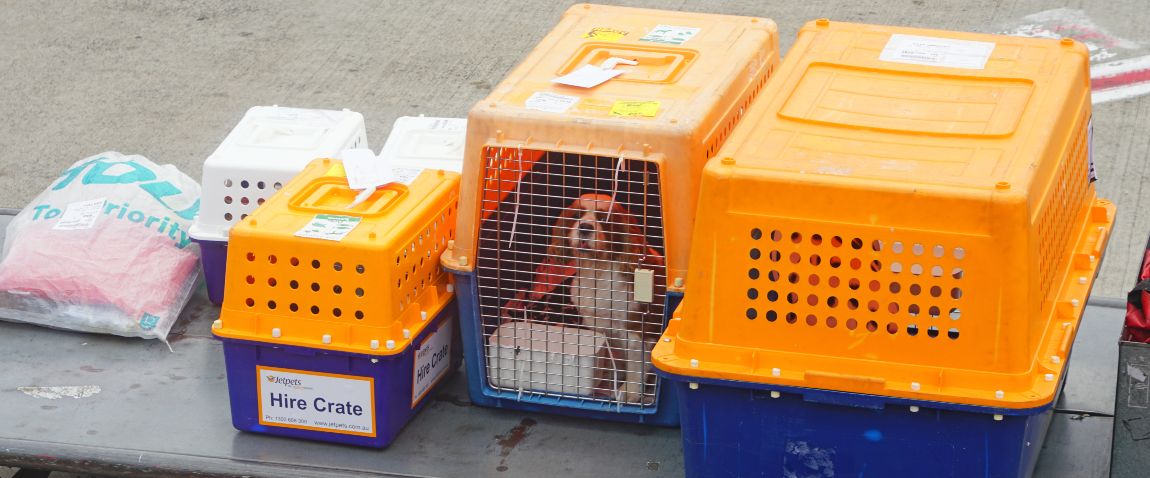
Australia is a beautiful country for pets, with numerous pet-friendly public locations and a variety of pet-friendly activities to enjoy with your four-legged companion. The country, on the other hand, has stringent biosecurity measures in place to safeguard the local flora and animals against exotic and invasive illnesses. Pet import rules in Australia are complicated and strictly enforced in order to protect indigenous fauna.
If you would like to carry your dog to Australia, it must meet all of the Department of Agriculture and Water Resources' biosecurity standards without exception in order to enter the nation. Some parts in the process are time-sensitive and must be completed on time, while others require documentation and pet health exams. If you are interested in "can I bring my dog to Australia?", please continue to read this article:
- Only dogs from approved nations are allowed to be exported to Australia. New Zealand pets must have lived in the country since birth or for at least 90 days prior to their shipment to Australia. At the time of shipping, dogs must be at least eight weeks old and not in quarantine. At the time of shipment, they must not be more than 40 days pregnant or nursing.
- All pets entering Australia must be implanted with a microchip that complies with ISO 11784/11785 and can be read by an Avid, Destron, or other ISO compatible reader. After implantation, the microchip must be scanned, and the number must be appropriately documented on all of your pet's documentation.
- Other necessary vaccinations for dogs traveling to Australia include distemper, hepatitis, parvovirus, Bordetella, and para-influenza. These immunizations must be required for the duration of the quarantine period, according to Australian regulations.
- To bring your pet into Australia, you'll need import permission. You must submit the application along with the required supporting evidence, which includes proof of rabies vaccination, rabies titer test declaration, and rabies titer test laboratory report. The pet's microchip number should be plainly visible on all supporting papers.
- Within five days of flying, your pet must have a pre-export clinical examination by a government-approved veterinarian. External parasites must be checked for, as well as indicators of infectious or communicable disorders.


